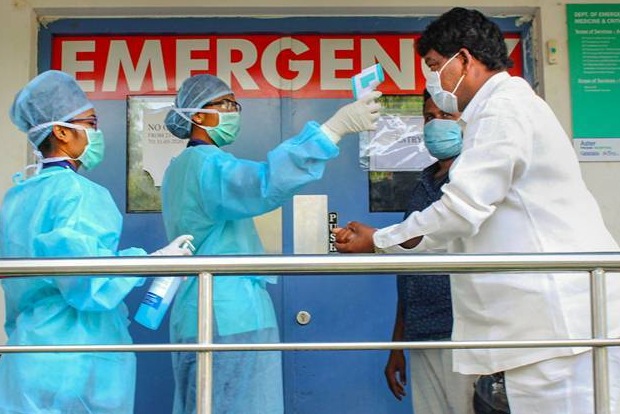Begin typing your search...
Vaccine’s emergency use normal, but no need for aggressive push, say experts
After the Centre’s decision to permit restricted emergency use of vaccine raised questions about the manner in which it was done, two experts from Tamil Nadu, both well-respected epidemiologists in the country, had slightly different take on the matter.

Chennai
According to eminent virologist Dr T Jacob John it was normal for the government to allow a vaccine candidate for restricted emergency use, as it is the authorities who decide who would receive it first.
“Emergency use is the operative phrase, as it is for the government to decide who gets it first; it is not meant for the general public,” said Dr John, referring to the approval granted by the Central Drugs and Standards Committee (CDSC) for Covaxin and Covishield being administered to the core group including frontline health workers.
Citing an example, the former head of virology department at CMC Hospital said US President-elect Joe Biden was not in line to get the vaccine, but officials vaccinated him due to the important post he would soon hold.
Asked about the phase II trials, he said: “It is not a rule but only a convention to make public the results of phase III trials. Restricted emergency use takes precedence over efficacy, which can range from 50 per cent to slightly more than 90 per cent. Phase III trials will continue and when completed it is for the top regulatory body to apply its mind and decide if the vaccine is ready for public use.”
However, former principal of CMCH and the chairperson of the scientific advisory committee of ICMR’s National Institute of Epidemiology Dr Jayaprakash Muliyil said there was no need to push the vaccines so aggressively.
“Even accepting that it is for emergency use, I do not see any emergency (as in the case of mutated strain in the UK) for the vaccines to be pushed so aggressively,” he said, pointing out how COVID mortality was one of the lowest in the world. Referring to its efficacy he said “its efficacy is only around 60-70 per cent.”
Meanwhile, sources said that the volunteer who developed a reaction after being administered the first dose of the Oxford vaccine was barred from getting the second dose.
“He had developed a neurological issue which automatically cured without any medication. As both the cause and the cure were unknown, it was felt that his reaction was due to the vaccine,” said a source.
Visit news.dtnext.in to explore our interactive epaper!
Download the DT Next app for more exciting features!
Click here for iOS
Click here for Android
Next Story



